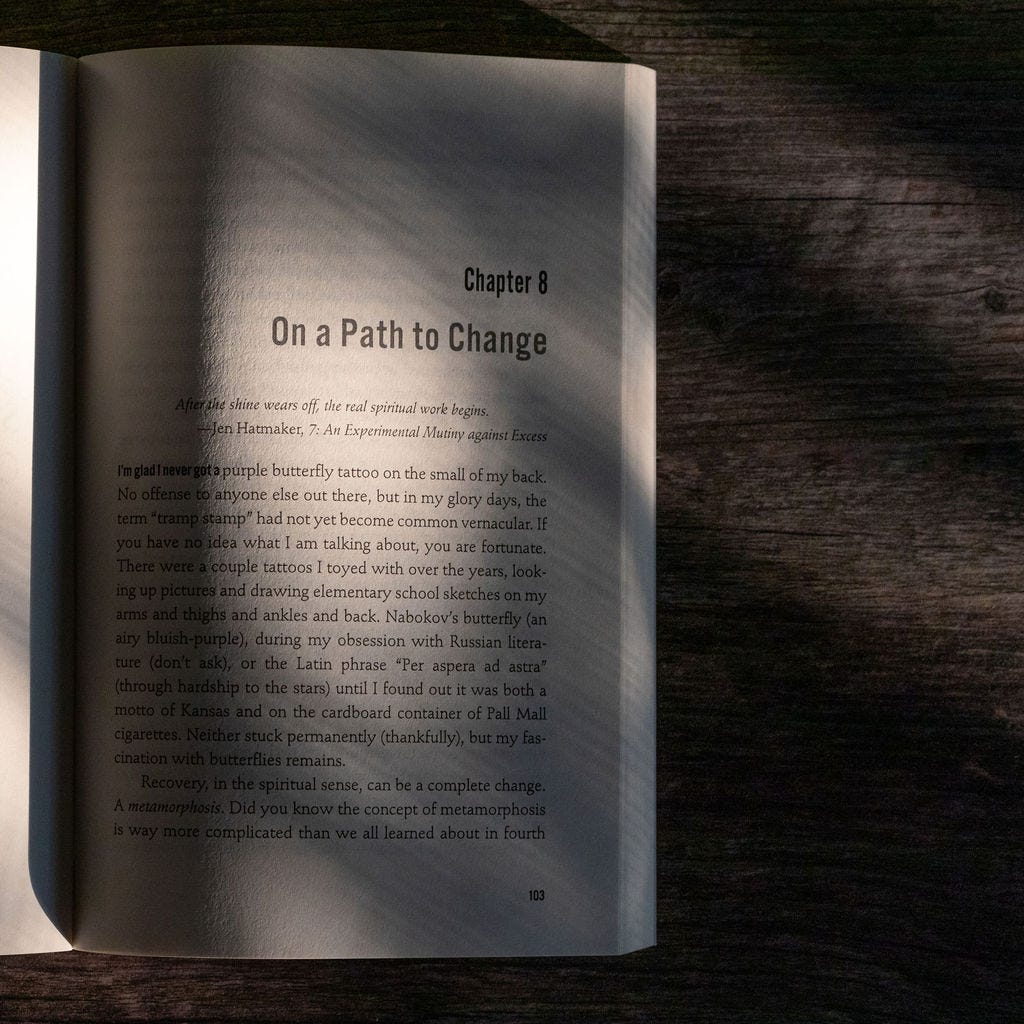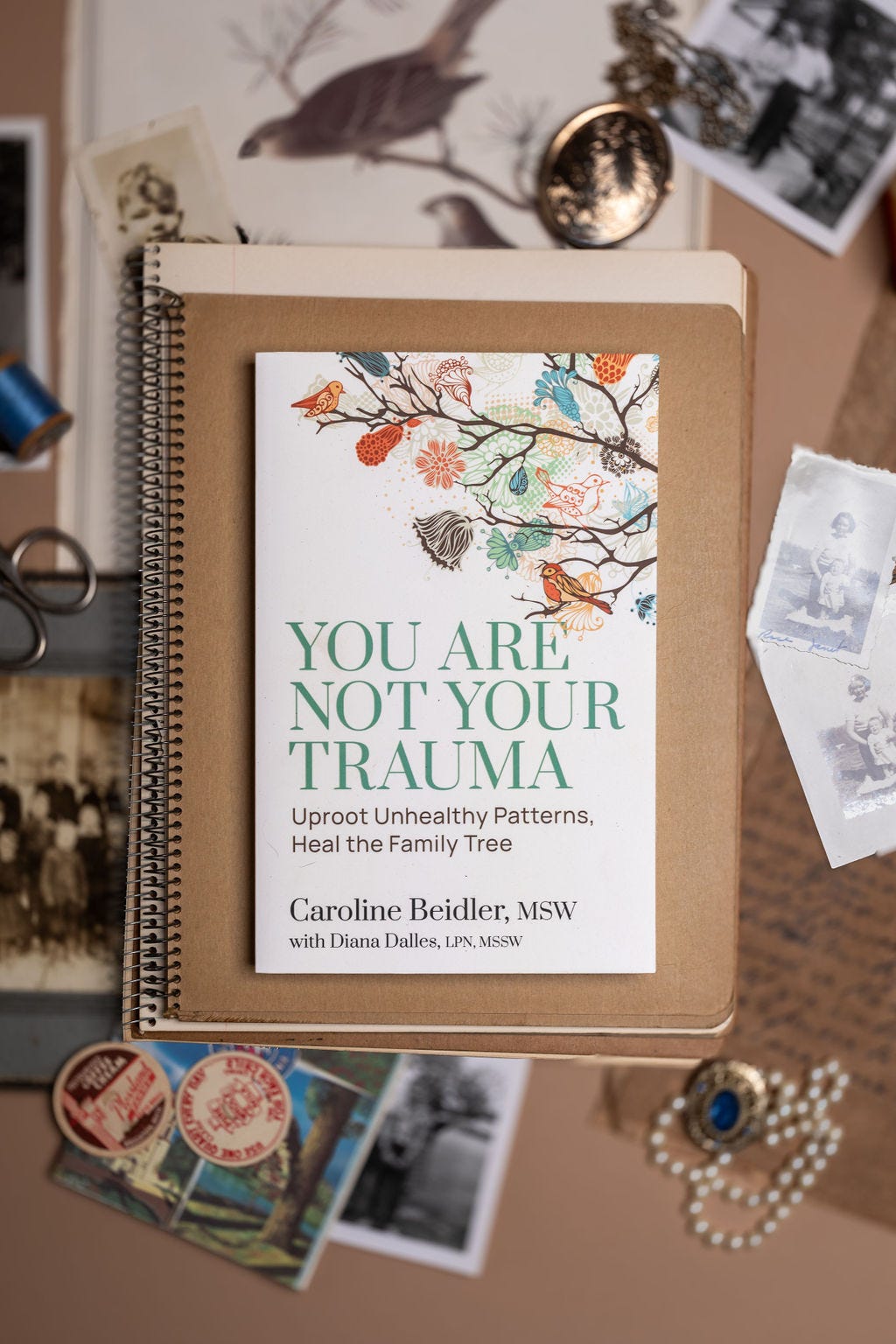We've got to talk about this
what has to be acknowledged in any conversation about inter-generational trauma
There are those traumas that many of us can relate to, and then there are those that women like me will never know because of my privilege.
[this rings true in the wake of hurricanes that surround us]
I believe that this is important to state here because of my limitations in talking about historical and intergenerational trauma for every person, every woman. I will never be able to do this and do it justice, and yet, a conversation about intergenerational trauma would be incomplete if I did not say something.
Photo by Tyler Horne on Unsplash
What does the concept of inter-generational trauma bring up for you?
Can you relate to the experiences of traditionally under-resourced or marginalized groups?
Or are you like me, on the fringes of these experiences, yet called to be an ally, however incomplete my words, sentiments, and soul-knowledge is?
Wherever you find yourself in this conversation, I trust that you are right where you need to be as you read these words. I know I am in the writing of them.
Angela Yvonne Davis, American author and activist says this: “I am no longer accepting the things I cannot change. I am changing the things I cannot accept.”
Regardless of our identities or the specifics of what is experienced in suffering (as important as these things are), the consequences of trauma for those who survive and their descendants can be catastrophic, becoming the bones and blood of the survivors.
In the very make-up of our DNA. Roots that lead to the visible tree above ground growing, perhaps a bit lop-sided, perhaps a bit nutrient deficient, perhaps unable for the top branches to reach the sunlight.
A page from my new book. Click here to learn more.
Yet, if you consider how roots move like veins through the body, inextricably linked, we can feel how our collective experiences are connected, even in a minuscule way.
What is so powerful in the me-too of looking at our trauma experience in light of what others experience or have experienced?
I’d like to argue that freedom—a supernatural freedom—can come when we recognize that we are sharing in the larger suffering of the world.
How can lean into our individual struggle and we can lean into our collective struggle, even if we may not be able to relate fully? Even if privilege shadows our view?
When we experience trauma or suffering that our families or other folks in the human family have experienced, we are sharing in the hard, beautiful truth of what it means to be human and what it means to work towards healing.
Together.
Even when what we experience is different.
Even if we will never know the pain of someone else’s story.
We can all relate to the tremor of trauma: this world’s trouble.
*
I dig more into some of these topics in my new book. It’s not easy, but it is necessary.
Get your free downloadable journal that goes along with the book.
I’m cheering you on!
For those who want to read in community (which I highly recommend),
is running an incredible sale: 50% off books for your group! Find out more here.[1] Women, Race, & Class by Angela Y. Davis: Free Download, Borrow, and Streaming : Internet Archive. (2017). Internet Archive. https://archive.org/details/WomenRaceClassAngelaDavis







I love this: “we are sharing in the hard, beautiful truth of what it means to be human and what it means to work towards healing.”❤️🩹
I am not actively part of a book club, do you know how I would find out if any Raleigh area book clubs are hosting this book? Thank you for sharing!